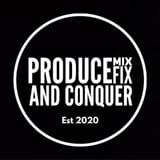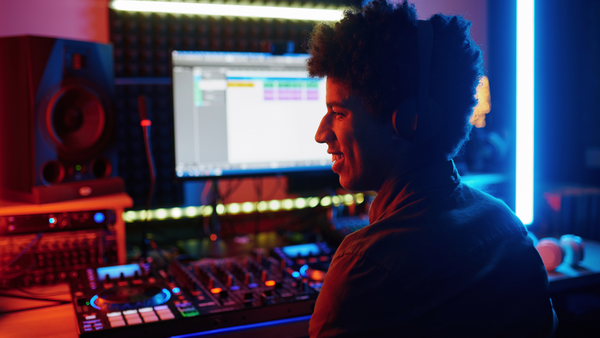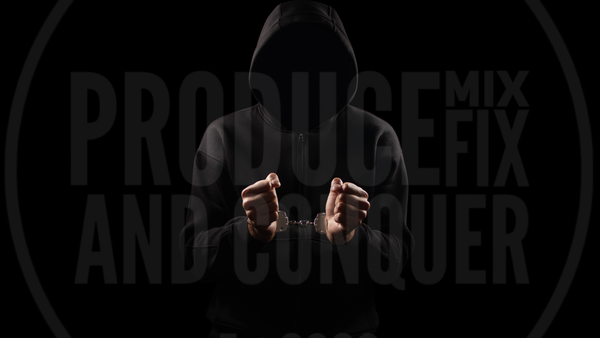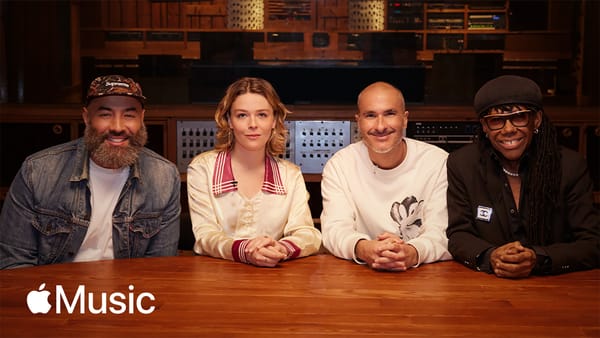Should Newbie Audio Engineers Consume Responses From All Skill Levels On Social Media Groups To Cherry Pick Ideas?

In the rapidly evolving audio industry, the exchange of ideas should mirror the complexity and diversity of the sounds we create. However, concerns have arisen regarding the tone of discourse within our community, with some perceiving it as marred by misinformation, intellectual laziness, and unnecessary hostility. This perception could potentially hinder our collective growth and innovation. Is it time to reassess our communication strategies?
Removing Barriers to Knowledge Acquisition
A common critique of audio-related forums and social media platforms is the dismissive attitude towards questions or comments deemed misinformed or simplistic. While expertise and thorough research are undeniably important, it is equally crucial to foster an environment where inquiries and knowledge gaps are not only tolerated but actively encouraged. After all, every expert was once a novice, and every seasoned engineer has experienced their share of early missteps and valuable lessons.
Challenging the Notion of the "Stupid Question"
Contrary to some industry voices, there is no such thing as a "stupid question." There are only untapped opportunities for learning, which we may overlook if we are too proud or judgmental. Curiosity is the catalyst for achievement. Instead of belittling those who seek knowledge, we should strive to guide them. Through mentorship and knowledge sharing, we cultivate a community that values continuous improvement and prioritizes respect for the craft over superficial assessments.
Addressing the Dunning-Kruger Effect
The Dunning-Kruger effect, a cognitive bias where individuals with limited knowledge overestimate their competence, can indeed be a challenge. However, the solution does not lie in shaming the misinformed. Education, patience, and constructive feedback are our most effective tools. When someone makes an unsubstantiated claim, it should be viewed as an opportunity for education, not a cause for scorn.
From Gatekeeping to Facilitation
Gatekeeping—the practice of restricting access to knowledge and opportunities—has no place in a community founded on creativity and sonic exploration. Instead, we should transform gatekeepers into facilitators. This can be achieved by welcoming newcomers, embracing diverse perspectives, and sharing resources that enhance understanding and skills across all levels of expertise.
Cultivating Positive Online Environments
Online forums and social media platforms are often criticised for their negativity. However, these platforms also possess the potential to be valuable hubs for positive exchange and professional development. We can contribute to this transformation by:
- Engaging constructively and modelling exemplary behaviour in every post and comment.
- Providing well-reasoned, evidence-based responses rather than dismissive remarks.
- Creating educational content, ranging from comprehensive blog posts to informative tutorials.
Harnessing the Power of Professional Curiosity
Innovation in audio engineering is not driven by clinging to the past but by expanding the boundaries of our knowledge and daring to experiment. This journey is fuelled by questions—the deeper and more challenging, the better.
Encouraging In-Depth Exploration
Instead of superficial engagement, we should challenge ourselves and others to delve deeper:
- When discussing equipment, explore the "why" and "how," not just the "what."
- Share case studies and real-world applications that demonstrate the principles of sound engineering in practice.
- Foster critical thinking by asking follow-up questions that prompt further investigation and comprehension.
Conclusion: Building a Community of Thoughtful Communicators
Let us endeavour to reshape our community into one that values thoughtful communication, respects diverse opinions, and encourages learning at every stage. By doing so, we not only enhance our individual skills but also elevate the entire industry. Whether you are a seasoned professional or a passionate amateur, your voice is valuable. Will you join us in fostering a more informed, respectful, and innovative audio engineering community?
While facts are important, it is essential to acknowledge that they are constantly evolving. Personally, I would rather engage with someone who presents a novel interpretation (even if it is considered "incorrect" or "misguided") and demonstrates a willingness to think outside the box. Mistakes are an integral part of the learning and experimentation process.
Remember, every change begins with a single action. Let us make ours count.

Rich Steve Beck is the creator and owner of Produce Mix Fix Conquer and producemixfix.com. As well as being a Mastering Engineer, Blogger, Podcast Interviewer and Community Leader, Rich has 20 years + experience in finance, insurance, account management and online marketing. This will be a regular series supporting new up and coming audio engineers and producers as well as hopefully throwing around some fresh ideas to industry veterans to help assist sustainability. Cherry pick what is helpful, leave behind what you don't need. Good luck on your audio adventures!





